March is National Collision Awareness Month, and it’s a great time for drivers and cyclists alike to take a step back and explore how to be safer on the road.
According to statistics from the Utah Department of Transportation, in 2013 there were 55,637 vehicle crashes resulting in 22,740 injured persons, and 220 deaths.
This means there was a vehicle crash every 9 minutes, a person was injured in a crash every 23 minutes, and a crash related fatality occurred every 39.5 hours.
How many of these fatal crashes could have been prevented with better awareness? Too often people are unconcerned with their habits and take for granted the safe operation of a vehicle until they are involved in a crash. Sometimes, these crashes can be prevented by being more aware while driving. Here are some things you can do (or not do) to keep your drive as safe as possible:
Multitasking
When it comes to preventable crashes, mobile phones are often given the most blame. But any form of multitasking is dangerous to drivers and cyclists. Some examples of hazardous distractions include reading, eating, fixing hair/make-up, adjusting music, etc. When behind the wheel or in the saddle, keep it simple – just concentrate on the road and other people around you.
Distracting Views
Also known as “rubbernecking,” braking to look at an accident or something on the side of the road is dangerous and prevents you from paying attention to driving. Stopping on the side of the road to enjoy the view as a cyclists can also be very dangerous. Both can cause sudden rear-end collisions if the car behind you doesn’t see you stop or slow down.
Keep it Clean, Keep it Tuned
One of the best ways to take care of your car and your bike is to keep them clean and in great condition. It not only improves your daily commute, it also improves your safety. With random objects floating around in your car, it’s easy for something to roll under your break pedal. If you don’t pay attention to routine maintenance, you could be in for a nasty surprise when your car or bike doesn’t function as expected. This could prove disastrous. Try to keep your car or bike clean to avoid distractions, and possible dangers.
Be Courteous
Try finding opportunities to make commuting a better experience. Whether your on a bike or in a car, this is beneficial for everyone on the road. For example, yielding rather than taking the right-of-way, signaling when appropriate, and staying in the appropriate lane are all examples of habits that can help prevent collisions.
Lights On (in the daytime)
Research shows that driving with your headlights on during the day increases your visibility to others, and can substantially reduce collisions. As a cyclist, make sure you have reflectors and lights on you bike that can be easily seen by other drivers and riders.
Never Drive Impaired
If you have been drinking or you are drowsy, or otherwise impaired, do not plan to drive. A little preparation can eliminate a lot of trouble. There are many ways to keep you from driving impaired. Calling a designated driver, taking a taxi, walking, using public transportation, or having someone drop you off and pick you up are just a few of the safe options you can take.
The Basics
Sometimes getting back to the basics is a great start to safety. The basics taught in driving schools ensure safety and control while driving. Double checking that seat belts are worn by everyone in the car and helmets are worn by all cyclists, correctly adjusting mirrors, ensuring that you are in proper seat and steering position, maintaining a safe speed, and using proper signaling are things we could all brush up on.
Care For Your Car and Bicycle
Not only will this give both more value, it will also keep you safe. For both cars and bicycles, be sure you regularly
- Check the tread and air pressure in your tires
- Make sure your brakes are in proper order
- Assure that your lights remain clean and bright
For individuals who have been driving for years, often times simple safety concerns slip through the cracks. But we can all use a reminder during this month-long holiday to get driving back on track. Let’s all work on something to help improve road safety this month to apply all year long.

